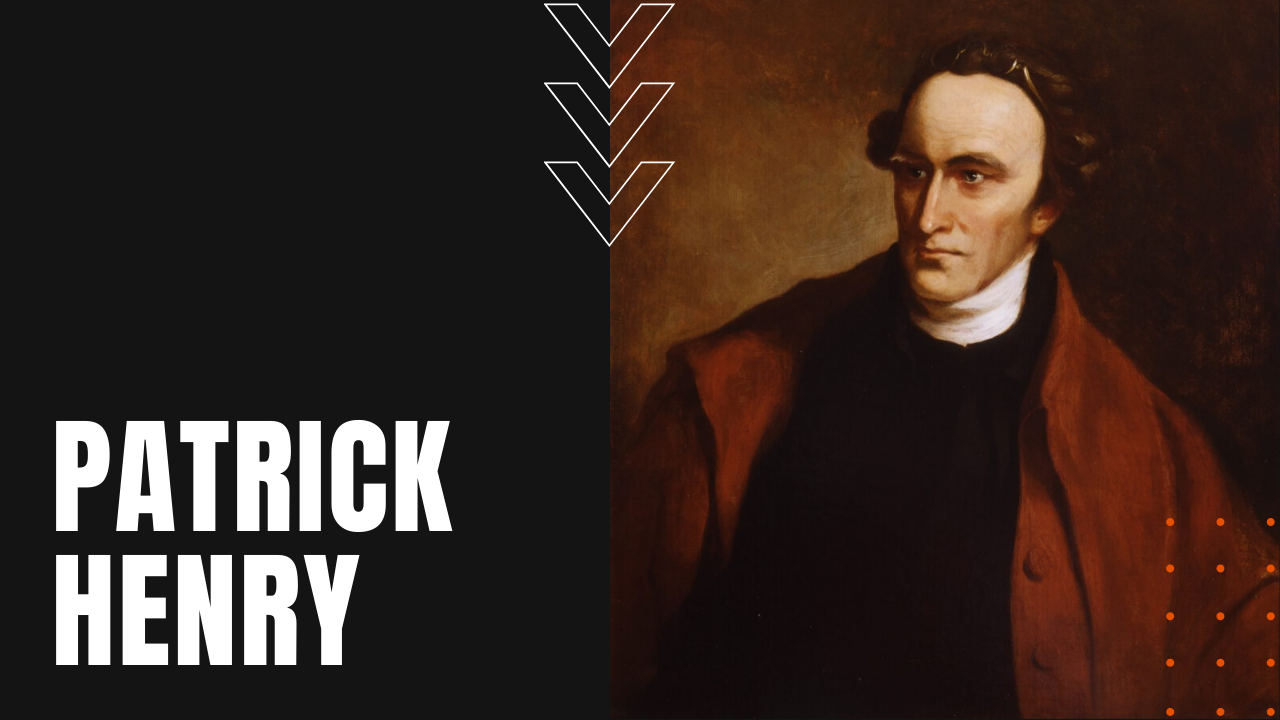Who Was Patrick Henry? Revolutionary, Governor and Founding Father

Born in 1736 Hanover County Virginia, as a young man, Patrick Henry taught himself law while working as a tavern keep at his father-in-law’s inn, opening a law practice in 1760 that soon flourished due to his adept skills as a legal scholar and orator.
Parson’s Cause Case
Henry’s first major case was known as the Parson’s Cause of 1763, which has since been viewed by historians as an important precursor to the American Revolution. In the case, ministers of the Church of England had historically received their annual salaries in pounds of tobacco, however, when a severe drought in the late 1750s inflated tobacco prices to six pennies a pound, the Virginia legislature passed the Two-Penny Act, which reduced minister’s income to two pennies a pound.
When Britain’s King George the III overturned the law upon clergy appeal, Henry’s impassioned speech against British overreach elevated the young attorney’s importance within the independence movement. After Great Britain passed the Stamp Act in 1765—intended to help pay down the growing cost of defending the American colonies—Patrick Henry responded with a series of resolutions introduced in the Virginia legislature, which helped articulate America’s stance against taxation without representation.
Patrick Henry’s Speech
In a series of speeches, Henry argued that Virginians should pay no taxes except those voted upon by Virginians themselves, at the same time flirting with treason when he hinted that King George might well suffer the same fate as Julius Caesar should he maintain his oppressive policies over the colonies.
In a 1775 speech before the Second Virginia Convention, held to discuss strategies against the British, Patrick Henry delivered his now famous speech, which ended in:
“Give me liberty, or give me death!”
Patrick Henry
The speech was heard by George Washington, Thomas Jefferson and five of the six other Virginians who would later sign the Declaration of Independence, which in turn convinced the Virginia legislature to prepare troops for war against Great Britain.
Governor of Virginia
During and following the Revolutionary War, Henry would serve as Virginia’s first and sixth governor, becoming an outspoken Anti-Federalist opposed to the ratification of the U.S. Constitution, as well as limiting the power of the federal government, which he feared could evolve into the same kind of monarchy he and his patriot brethren had fought against in the first place.
His authorship of several Anti-Federalist Papers would become instrumental in shaping the Bill of Rights, which comprised the first 10 Amendments to the U.S. Constitution, further clarifying individual liberties, while placing additional limits on the powers of the federal government.
He passed away on June the 6th, 1799 from stomach cancer, ending the life of one of America’s most influential founding fathers.
